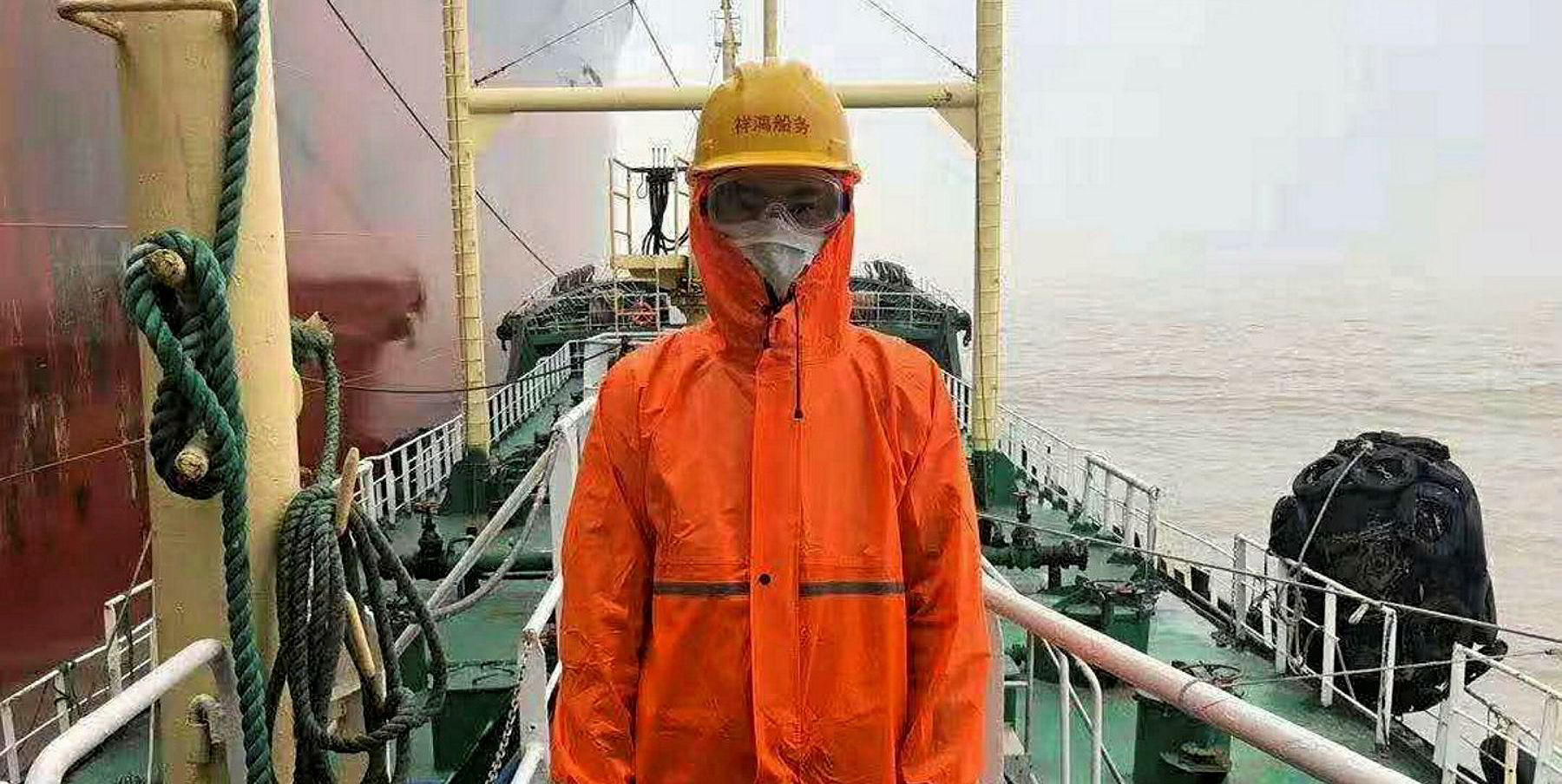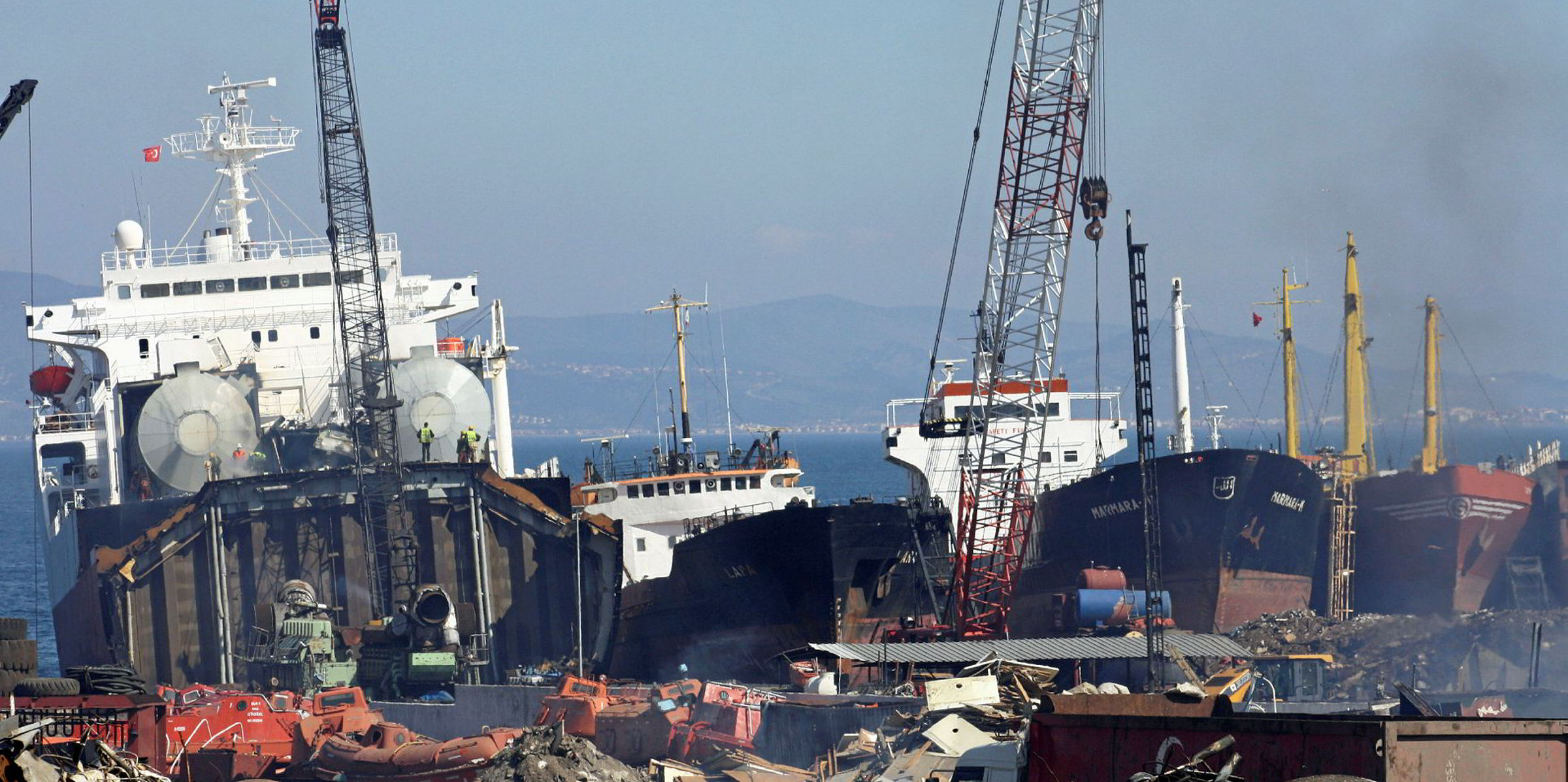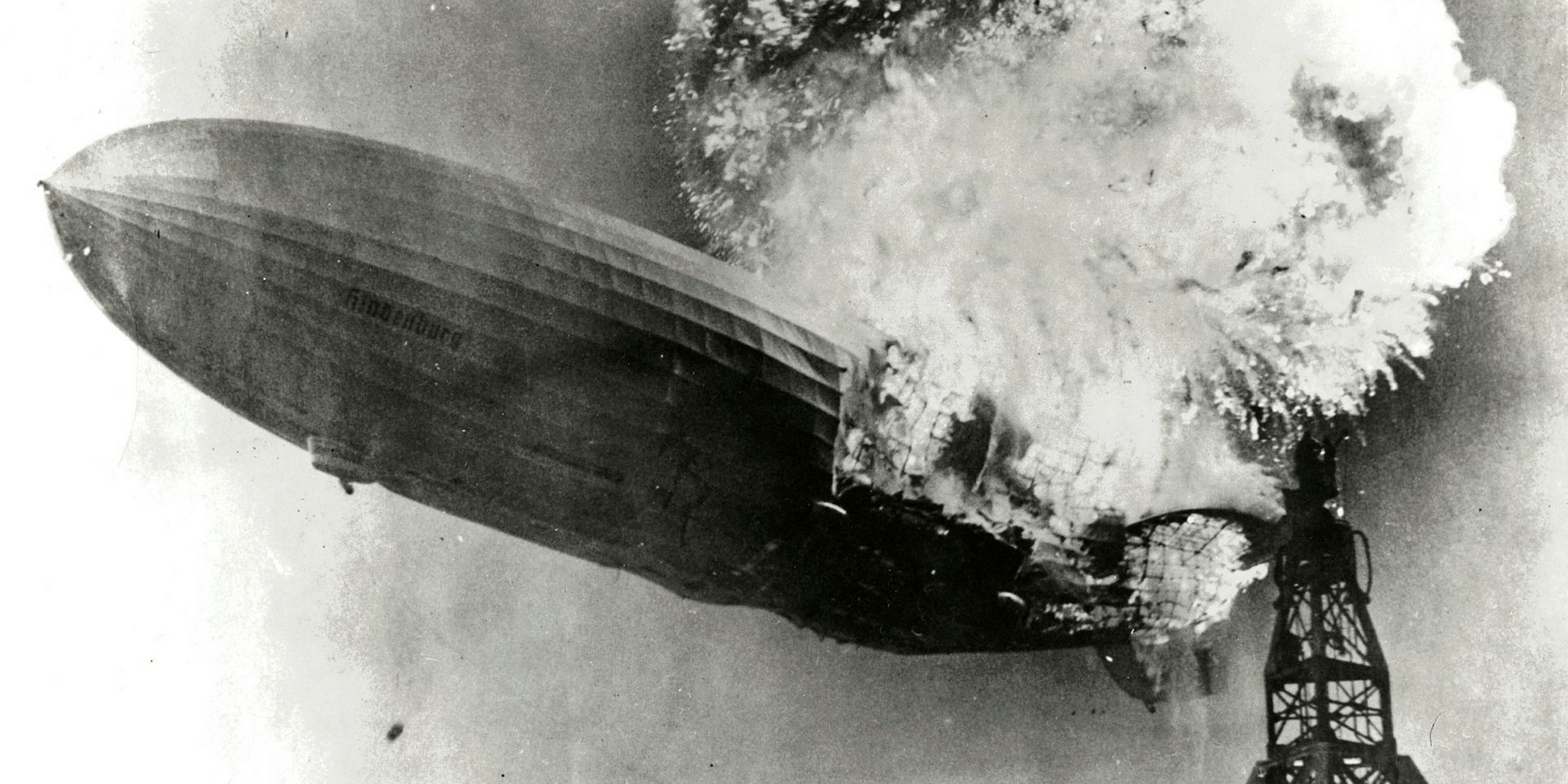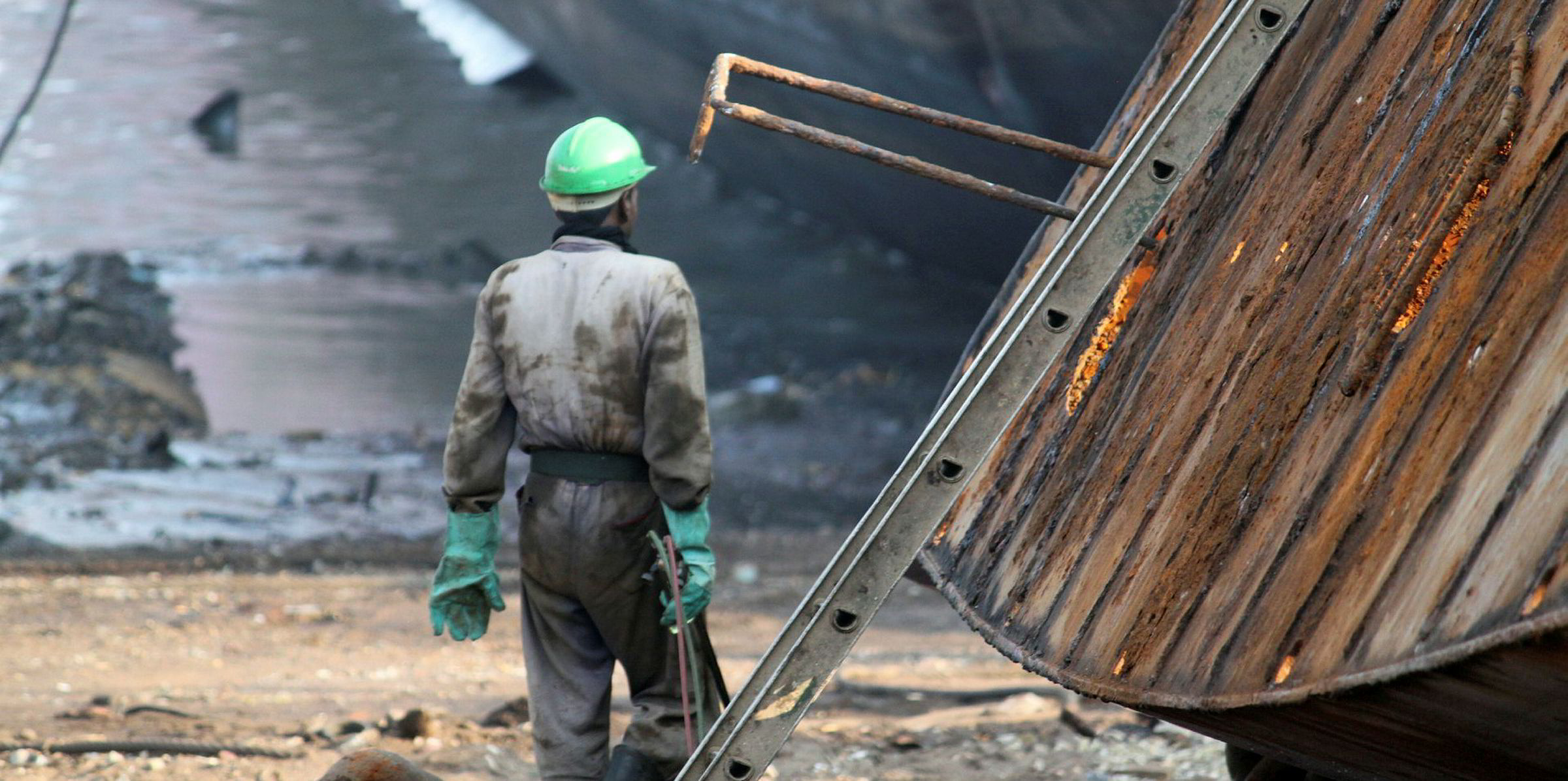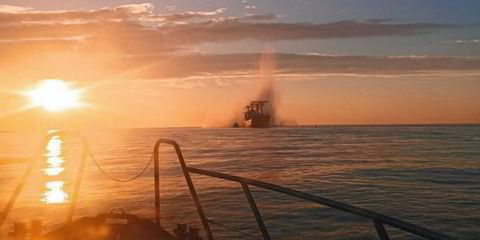The European Commission is allowing shipowners to use coronavirus restrictions as a reason for delaying compliance with new hazardous materials restrictions.
The European Union executive body has decided to allow a six-month grace period on its Inventory of Hazardous Materials (IHM) regulation in response to an outcry from shipping industry stakeholders.
Bimco and other groups had complained that many will have no way of meeting the demanding reporting requirements for EU-flagged ships or any vessels calling at EU ports and anchorages.
But recycling consultants are warning shipowners not to be complacent.
"This news about a limited extension from the EC is not entirely unexpected," Jon Chaplin of UK-based Lucion Marine told TradeWinds.
"Our message to shipowners who have yet to start the process of IHM inspection and certification is to get the ball rolling now to protect yourself and your vessels from non-compliance and avoid fines, detentions and charter breaches.”
As of 31 December this year, the EU Ship Recycling Regulation requires all EU-flag owners and all who call in EU ports and anchorages to carry an inventory of hazardous materials onboard.
Stringent penalties for non-compliance could include a fine of up to €100,000 ($107,000) or imprisonment in France.
But shipowners and their representatives have pleaded that the job of surveying asbestos and other dangerous substances throughout a ship is one that cannot be done in time, not least during the pandemic with its restrictions on the movement of personnel.
The EC has given notice that enforcement will be relaxed in many cases, especially for coronavirus-related reasons.
"The commission has received reports from industry stakeholders, including Bimco, that Covid-19 restrictions have led to significant difficulties in surveying ships and producing certified IHMs," the EC said.
Coronavirus delays
"The lockdown measures and widespread travel restrictions, which were introduced to control Covid-19, have reportedly prevented many shipowners [or their agents] from producing the IHM in the first instance, but also inhibited flag-state surveyors and recognised organisations from verifying and certifying the IHMs.
"As a consequence, industry stakeholders estimate that several thousand ships are likely to be unable to comply with the IHM obligations and may not have the required certification by the deadline of 31 December 2020."
But the relief on offer is conditional and comes with stern warnings.
The EC said the burden of proof will be on the owner if a vessel arrives at an EU port during the six months after 31 December without an IHM compliance document or the ship's master plays the Covid-19 card.
The master will have to give evidence that all possible measures were taken to comply and receive the documents, and even "a justification why it was not possible to obtain a semi-completed IHM and associated certificate".
Port-state inspectors will then have to use their “professional judgement”, and can let ships off with a four-month warning, to be registered in the Thetis ship inspection database of the European Maritime Safety Agency.
Similar procedures will be followed for ships that have an IHM without onboard sampling of materials — the aspect of the IHM that many have found most onerous in practice.
"In all such cases where a certificate is based on an IHM without the onboard sampling element, the IHM should in principle not be acceptable as it is not complete," the EC wrote — but it conceded that this may be impossible in practice under today's circumstances.
"[Considering] that since March 2020 there has been little or no opportunity for surveyors to go on board ships and undertake these surveys ... a remote survey/sampling could be exceptionally accepted, if there is evidence that the flag state has agreed to this."
